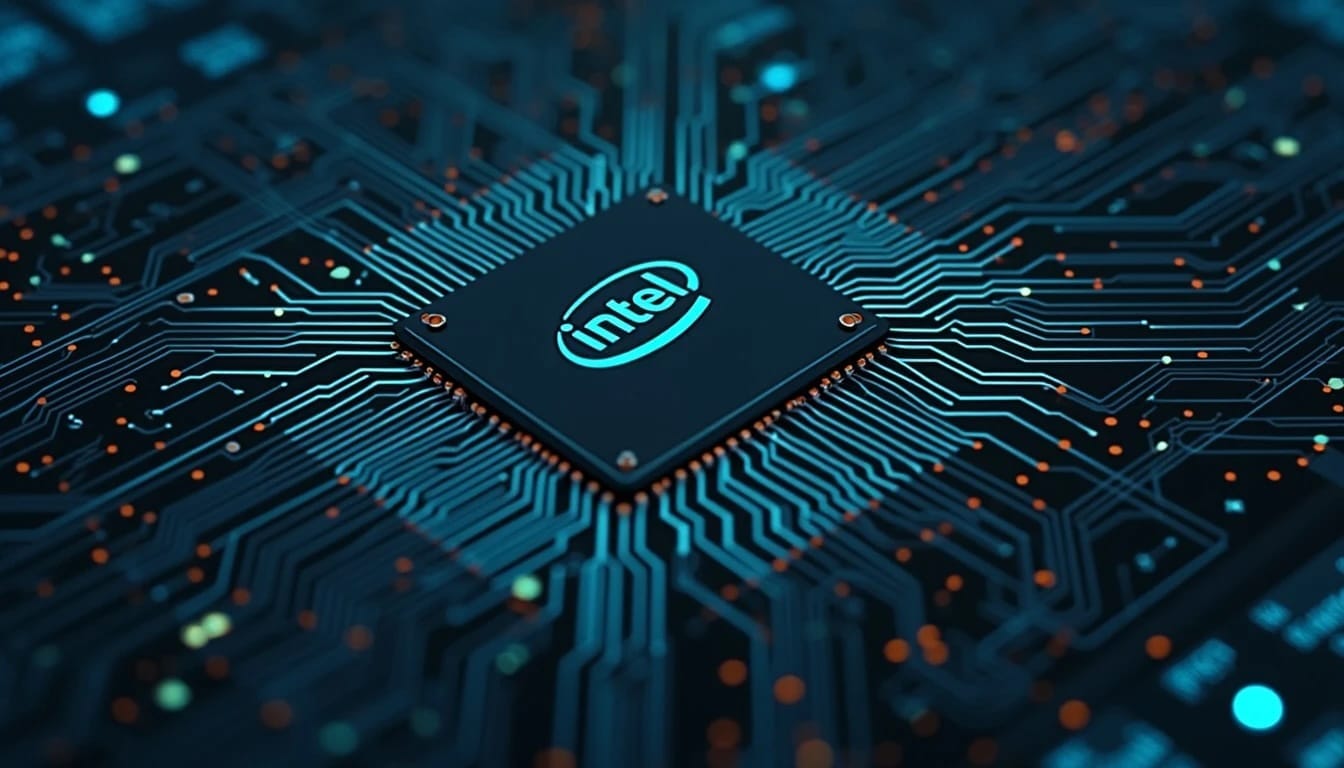Version 0x12F enhances mitigation of Vmin Shift instability without affecting performance, according to Intel.
Intel has announced the release of a new microcode update (version 0x12F) aimed at its 13th and 14th generation Intel Core processors for desktop computers. This patch, which complements the previous version 0x12B released in September 2024, is designed to further improve conditions that can lead to the so-called “Vmin Shift Instability,” an issue that has affected a limited number of systems under low load and prolonged operation.
A problem localized in the core clock tree
Intel already confirmed earlier in the year that the source of the issue lies in the core IA clock tree circuit, which is susceptible to electronic aging phenomena under high voltage and temperature conditions. These factors can cause disruptions in the duty cycle of clock signals, resulting in intermittent instabilities in the system.
The company identified four main causes that contribute to this phenomenon:
- Power delivery configurations on motherboards that exceed Intel’s specifications.
- The eTVB (Enhanced Thermal Velocity Boost) algorithm, which favored high frequencies even at elevated temperatures.
- Excessive voltage requests through the SVID algorithm in the microcode.
- High voltage requests from the processor during idle or low-load states.
All these conditions have been progressively addressed with microcode updates: 0x125 in June, 0x129 in August, and 0x12B in September. The new version 0x12F further improves stability under prolonged light loads.
Performance intact and compatibility assured
According to Intel, internal testing comparing version 0x12F with 0x12B showed no significant impact on performance. The metrics used include benchmarks such as Cinebench R23, Speedometer 3, WebXPRT4, and Crossmark, as well as demanding titles like Shadow of the Tomb Raider, Cyberpunk 2077, Hitman 3, and Total War: Warhammer III.
This applies to test configurations like the Intel Core i9-14900K combined with DDR5 memory at 5,600 MT/s and graphics cards like the NVIDIA RTX 4090. Intel notes that in all cases, the impact of patch 0x12F falls within the natural variability between runs.
Recommendations for users and builders
Intel recommends that all users of 13th and 14th generation Intel Core desktop processors update their BIOS with the latest version provided by motherboard manufacturers. This update should include microcode 0x12F and enable the “Intel Default Settings” profile to ensure a safe and compliant configuration.
Intel also reminds that mobile processor families and future architectures Lunar Lake and Arrow Lake are not affected by this issue.
A gradual rollout in collaboration with manufacturers
The distribution of microcode 0x12F is being carried out in close collaboration with major motherboard and system manufacturers, although its validation and full rollout may take several weeks. Users can check the official Intel Product Compatibility Tool to verify the availability of BIOS updates compatible with their systems:
🔗 https://compatibleproducts.intel.com/
Transparency in the process
The tracking of the issue by Intel has been recognized by the tech community for its transparency and level of detail. Since the first cases were detected in 2023, the company has gone through several phases of investigation, validation of mitigations, and progressive microcode updates, keeping users and channel partners informed.
With the arrival of microcode 0x12F, Intel consolidates the stability of its latest processors without compromising performance—a key measure to maintain the trust of enthusiast users and extreme performance professionals.

